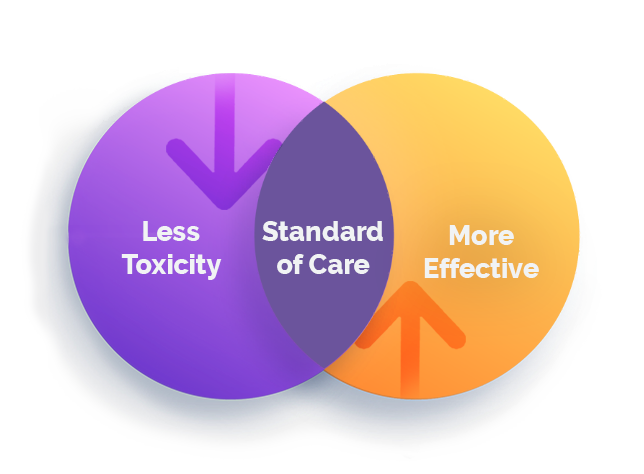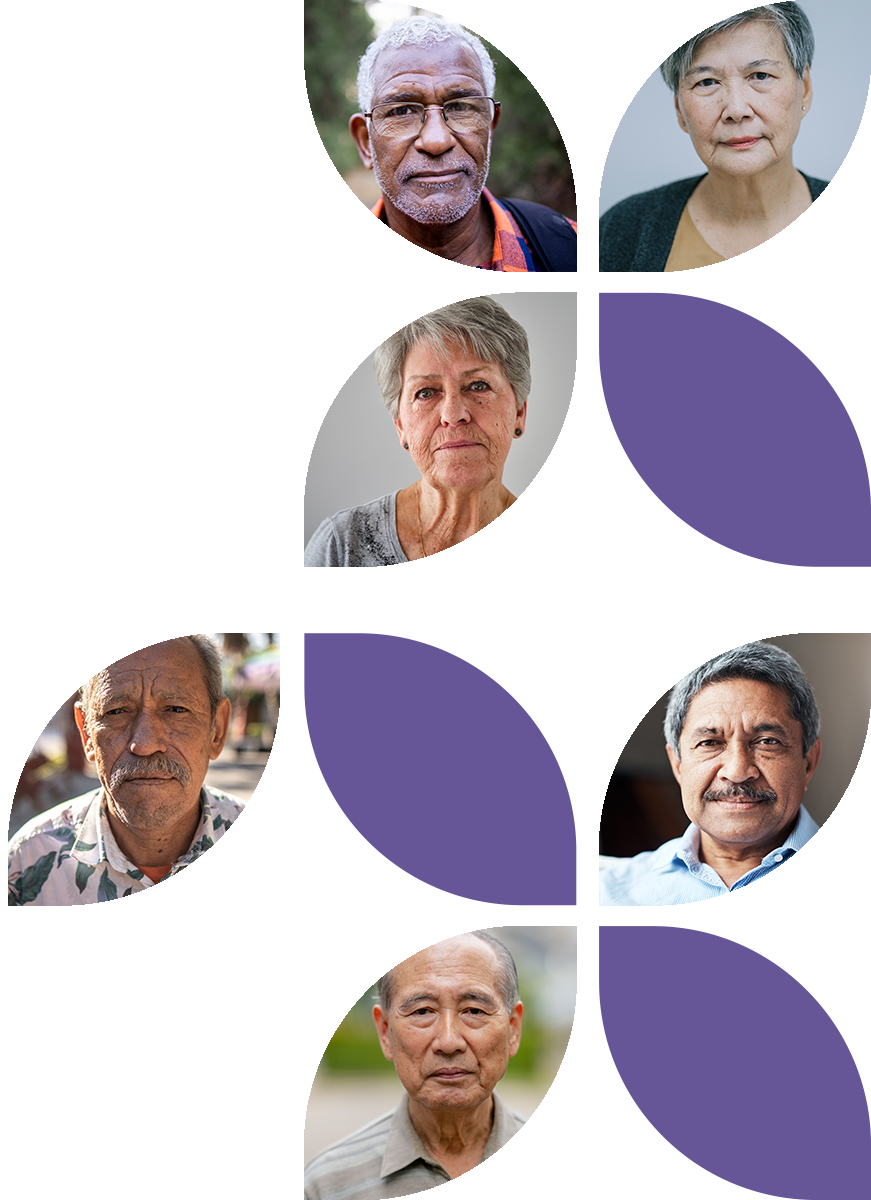For Physicians
A Phase 3 Clinical Trial Treatment Option for Your Relapsed / Refractory Follicular and Marginal Zone Lymphoma Patients
Relapse.
For your patients with Follicular Lymphoma (FL) or Marginal Zone Lymphoma (MZL), “relapse” may be the most ominous word they can hear. Despite some recent treatment improvements, relapsed / refractory (R / R) FL and MZL remain incurable. For FL and MZL patients experiencing repeated relapses, there is an unmet need for novel and tolerable regimens that can produce durable remissions and prolonged survival with fewer treatment toxicities.
.webp)
Novel Combination Therapy with a Straightforward Study Design
The lenalidomide-free treatments in the Mahogany clinical study include two drug combinations that recently received FDA approvals. Both investigational treatments include Zanubrutinib, a BTK inhibitor, with one of two anti-CD20 monoclonal antibodies — either Obinutuzumab for R / R FL patients, or Rituximab for R / R MZL patients. Each of the drugs comprising the investigational treatments also has been approved individually to treat other forms of lymphoma. When combined, researchers believe the FDA-approved combination therapies may provide your R / R FL and R / R MZL patients with a second-line (or later) treatment that is potentially less toxic and more effective than existing standard-of-care options.

A Lenalidomide-free BTK Inhibitor Treatment Option
BeiGene’s Phase 3 Mahogany study offers a controlled way to provide a novel combination treatment that may prove more effective than current second-line or later options. The investigational treatment is a lenalidomide-free BTK inhibitor with a known, relatively low-risk safety profile, which you may want to consider for your treatment-resistant patients.

A Lenalidomide-free BTK inhibitor Treatment Option
BeiGene’s Phase 3 Mahogany study offers a controlled way to provide a novel combination treatment that may prove more effective than current second-line or later options. The investigational treatment is a lenalidomide-free BTK inhibitor with a known, relatively low-risk safety profile, which you may want to consider for your treatment-resistant patients.

This website is intended for physicians only. If you are a patient, please contact your physician for more information.


